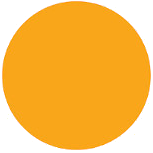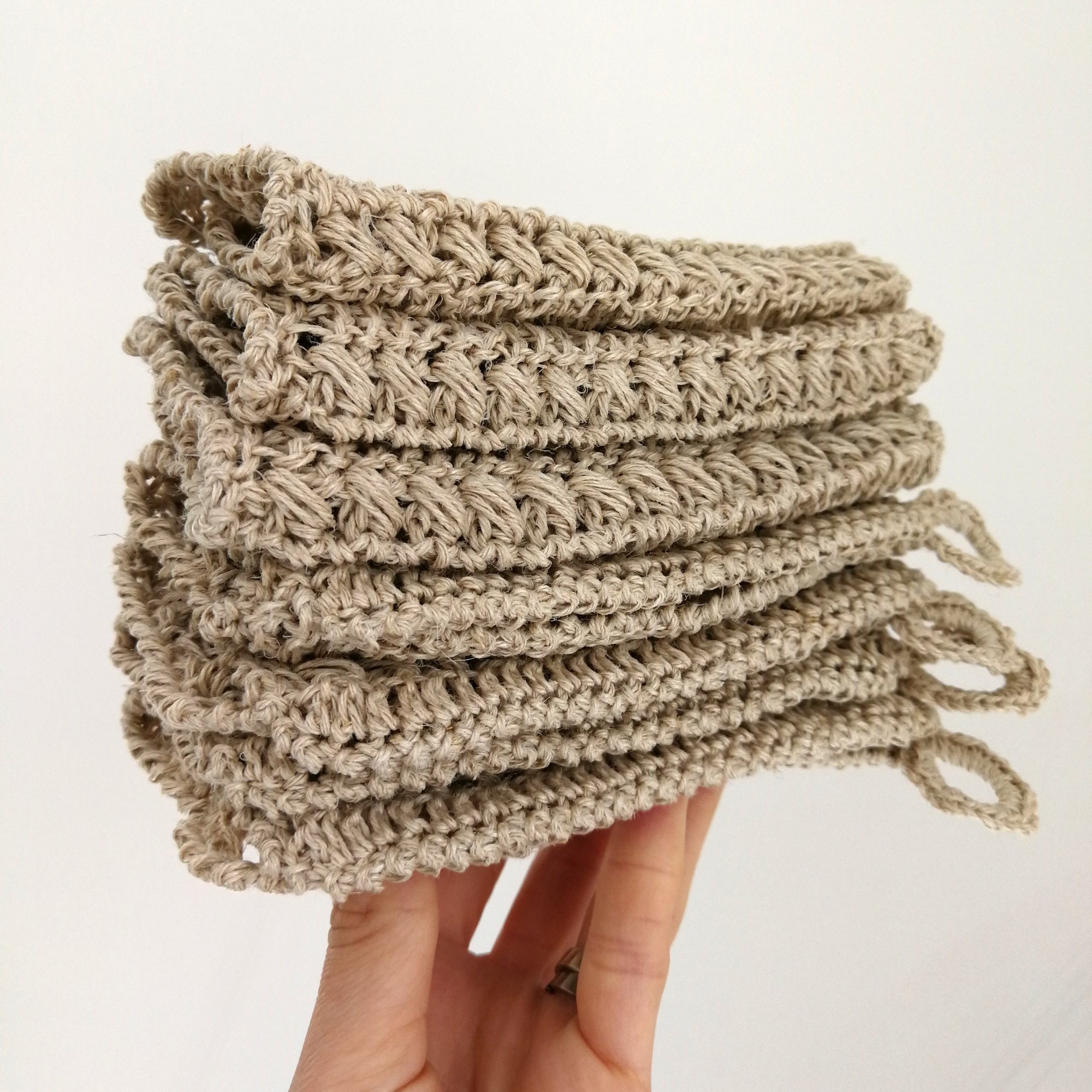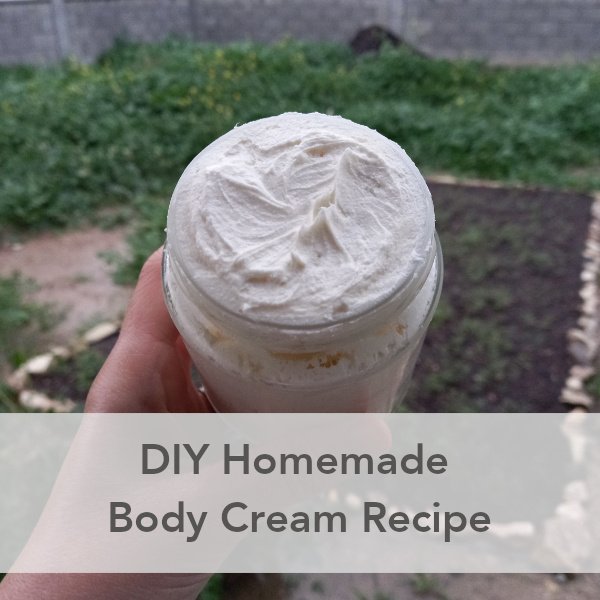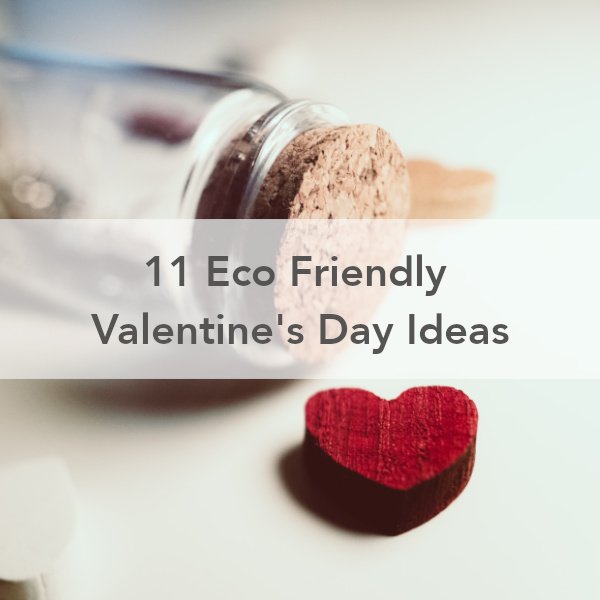How to Live Zero Waste
What Does it Mean to Live Zero Waste?
The term zero waste is deceiving. It makes everyone think that the people living a zero waste lifestyle are 100% plastic free and are saving all their yearly waste into a tiny jam jar. I don’t believe this way of living is actually sustainable especially in the times that we’re living in. So many essentials still come in plastic even if we’re trying our best and we need to not beat ourselves up about it. I think the term low waste is a much better description of the reality.
To me, low waste / zero waste means to be mindful of how we’re living. To be aware of our actions and to think about whether we can make them better for us and for the environment we live in. I believe that this is the foundation of low waste living and managing to sustain it.
I’ve been trying to live a zero waste lifestyle for about 6 years and this is what it looks like for me at this very moment, day to day. This list will most definitely change and adapt over the years but this is me now. They are all based on the foundation mentioned above.
Zero Waste Day to Day
Reduce
This was one of the first things that happened for me. I stopped buying stuff. I was never really a shopper but I would every now and then go clothes shopping or buy things for our home. I realised I didn’t really need more clothes when I already had a wardrobe full of clothes that I didn’t wear. Now I only buy something when I really need it and even then I stick to point 8. My goal now is to have a minimalist wardrobe. See points 6 and 8 for homewares.
Reuse
Use what we have even if it’s plastic. Here’s a picture of all our plastic bags hanging out to dry. We have loads but we keep reusing them until they’re not longer usable. I won’t recycle them until it’s necessary and once they’re gone I will replace them with a more sustainable option, probably a hemp produce bag :). The same for anything else. I try to reuse all of the glass jars that come into our home because the production process of glass is more energy intensive than plastic.
Recycle
Anything we can’t keep and reuse, make sure we recycle it, if possible. It’s impossible to keep everything. If we did we would end up surrounded by stuff. Know that it’s ok to let go of it and that we’re doing our best.
Our baby cauliflower from a few years ago.
Buy loose produce when possible
We’re lucky that most fruit and veg in Cyprus is sold loose but you can’t buy it without putting it in a bag of some kind, hence point 2. If this isn’t possible for you then maybe you can opt for a local market instead where they are generally sold loose. The ultimate goal is to grow our own veg but we’re not quite there yet. Zero waste shops are also great for dried produce. I’m so thankful that one just recently opened up in Cyprus. We now buy most of our dried produce from there and I’m super happy that we’re supporting a small business.
Offers sections
Buy produce from the offers sections in supermarkets where things might end up in landfill if not bought, even if it’s in plastic. The food waste issue is bigger than the plastic issue unfortunately.
Mend things
Take care of the things we already have by looking after them and mending them if they’re broken so that they last longer and don’t need replacing as frequently.
Home Cooking
I’ve always enjoyed cooking but I took it an extra step when we started realising how much waste comes from things like crackers, biscuits, bread etc. I now make my own of all these things. Home cooking also means you buy fresh veg to cook with that can come loose rather than ready meals that are always packaged. An added bonus is it’s better for our health too.
Before buying…
ask these 3 questions. a. Do I actually need it? b. Can I get it second hand? c. If not, is the company i’m buying from ethical and sustainable.
Mindfulness
This is an elaboration of the foundation of low waste living. To really think about something before I do it. Do I need to drive to that place today or can it wait until later when I can combine multiple jobs into one journey. Is it really cold enough to put the heating on or can I cope with an extra jumper or a hot water bottle?
Save
Save as much as we can. If we’ve cooked too much food or we didn’t manage to eat it all, save it for another day. Save the cold water from the beginning of the shower to flush the toilet with instead of letting it run down the drain. Try not to use too much water when washing up. Collect rain water if possible. We’re not quite there yet with the rain water but I plan to find a second hand water butt at some point. Read more about how to save water.
Compost
I love composting. It saves so much from going into landfill and in the end we have a lovely, nutrient rich soil that we can use to grow our plants and some veggies.
Community
Get involved in with local clean ups, tree plantings and swaps. The. more we support these kind of events in our communities the better the world will be.
Finally, make my own things
This is where crochet comes in for me. Having the skill to crochet means I can make things that I need rather than needing to buy extra stuff. It means I can choose the material it is made from, the style and the size. I can make it exactly how I want it. I’ve been making my own hemp dishcloths for years now and I never want to go back.
If you’re interested in learning to crochet I’ve created a blog post of how to crochet step by step with all my video tutorials on the basics to get you started.
If any of these points aren’t possible for you, for example, if you can’t buy loose veg or you don’t have time to cook then an important thing is to not stress about it too much. Be happy in the knowledge that you are doing your best and making a difference in other areas of your life.
One question I hear a lot and I also ask myself too from time to time is “whats the point when so and so is not doing anything or the governments don’t care or such and such company is producing so much waste.?” My answer to this is a question: If I were living on this planet alone without anyone else’s influence, how would I act?
If I discovered a world were I had an abundance of food, water and materials I like to think that I would cherish it all. That I would want to make sure that the food lasts, that the water is saved and that my materials are looked after. This is how I like to think that I would live and so this is how I’m going to live now whether anyone else is doing it or not.







